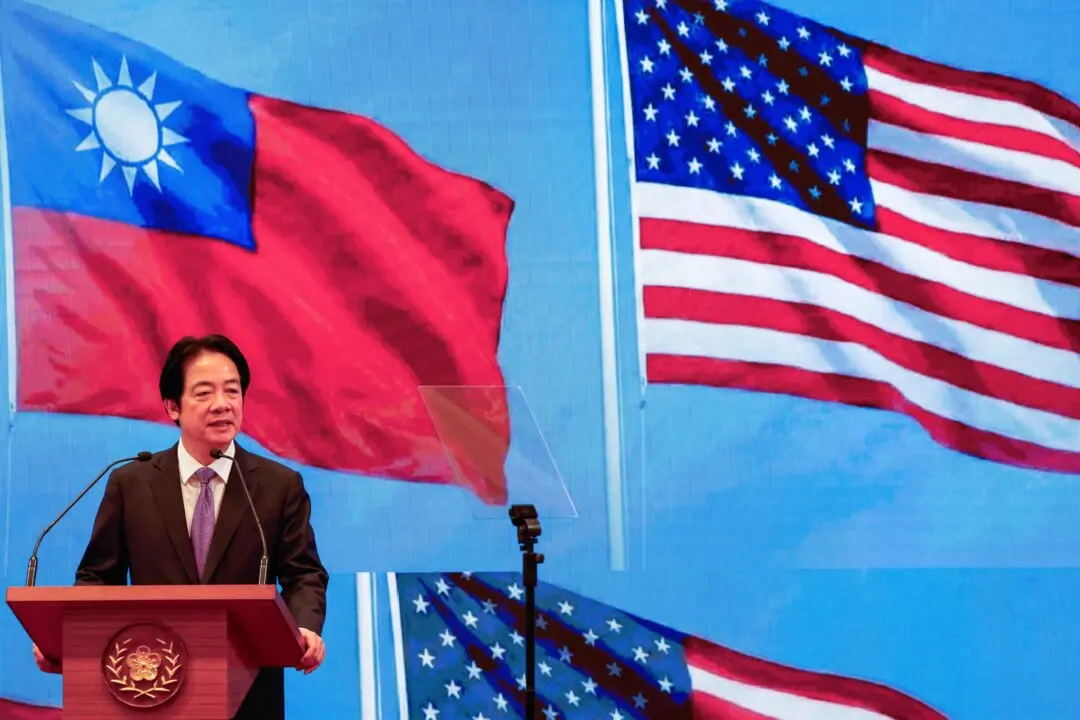Kurt Tong, the outgoing U.S. Consul General to Hong Kong and Macau, spoke of his concerns about the ongoing protests in Hong Kong, where locals are demanding that the local government scrap a controversial extradition bill.
Tong made the remarks during a reception to celebrate Independence Day at the Hong Kong Ocean Park Marriott Hotel on July 2. He reiterated a comment made by a U.S. State Department spokesperson following violence at the Legislative Council (LegCo) a day earlier.




